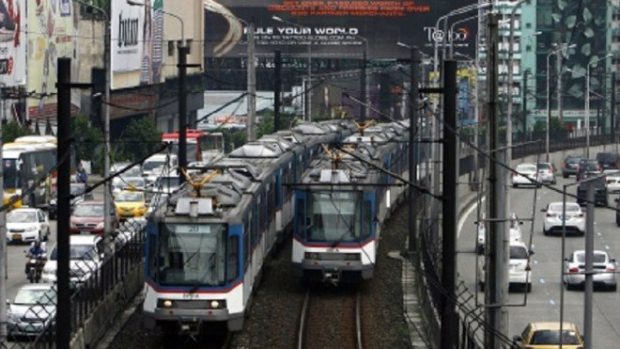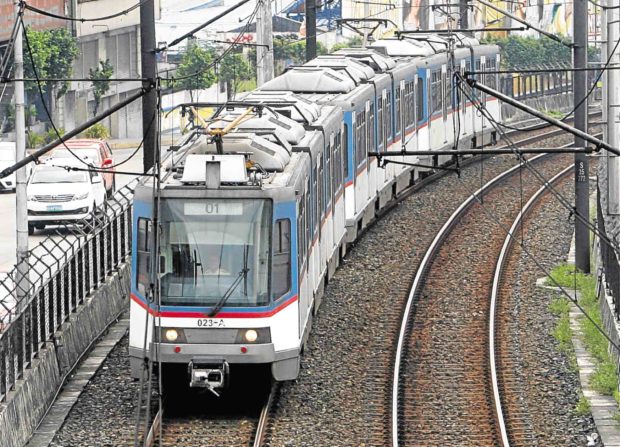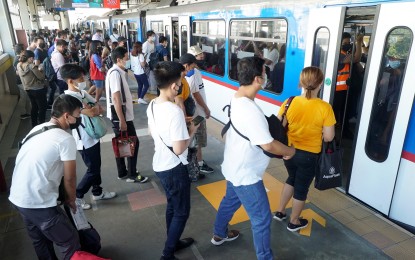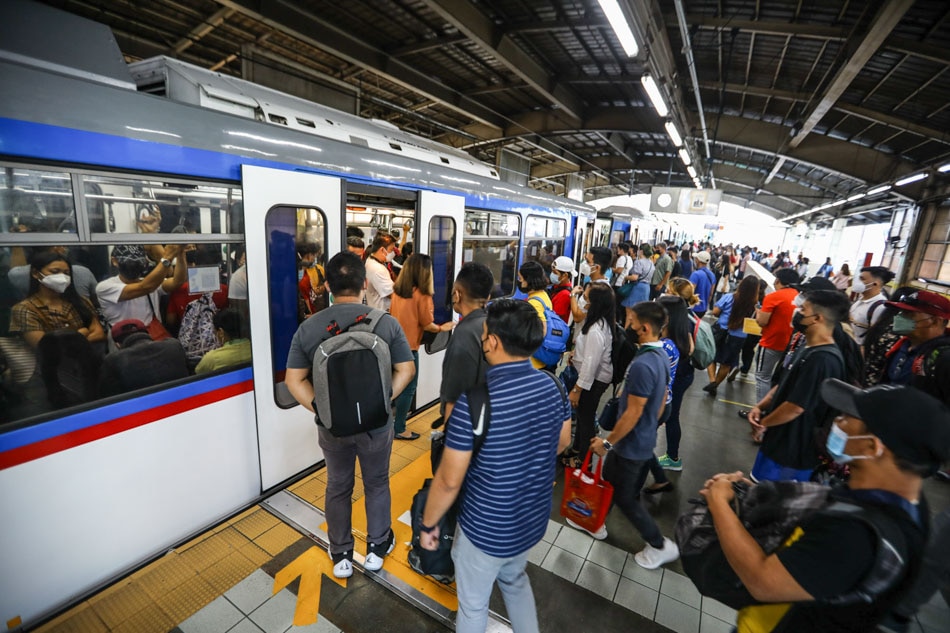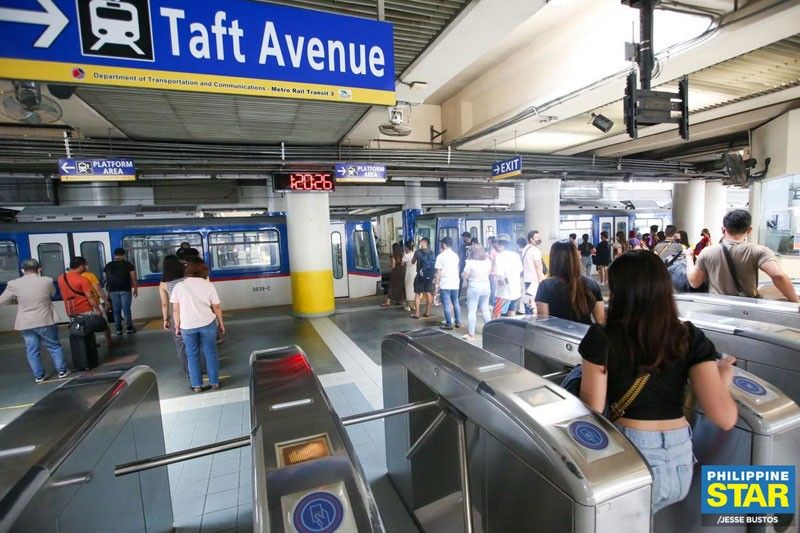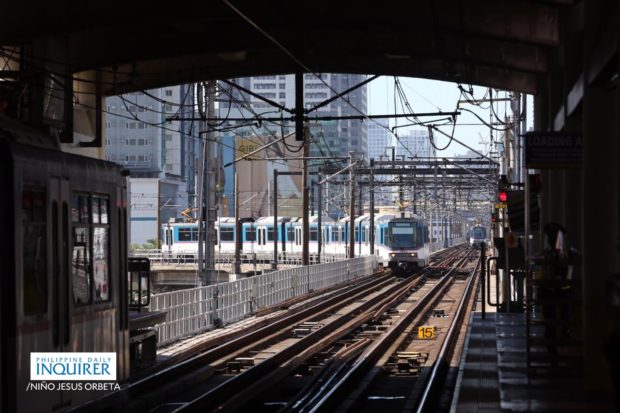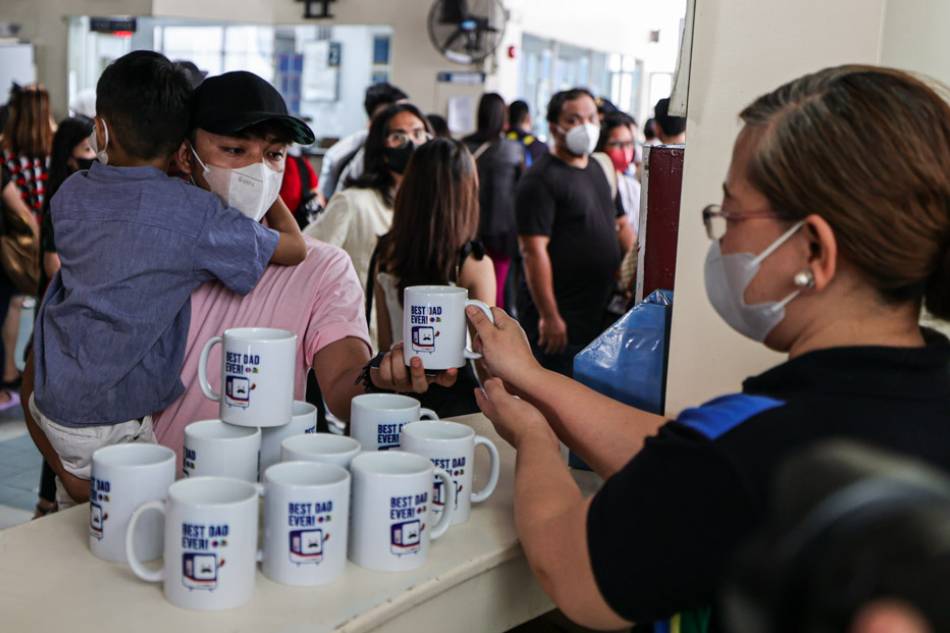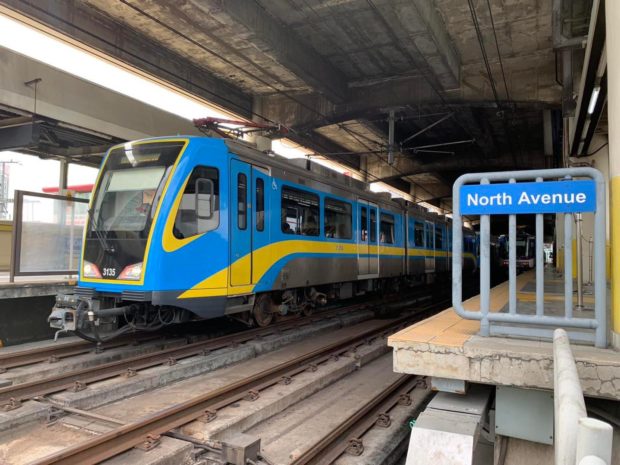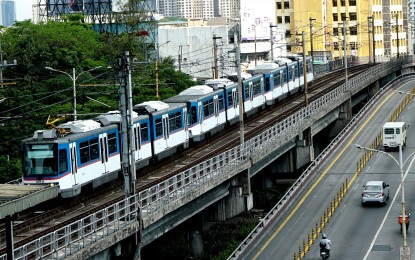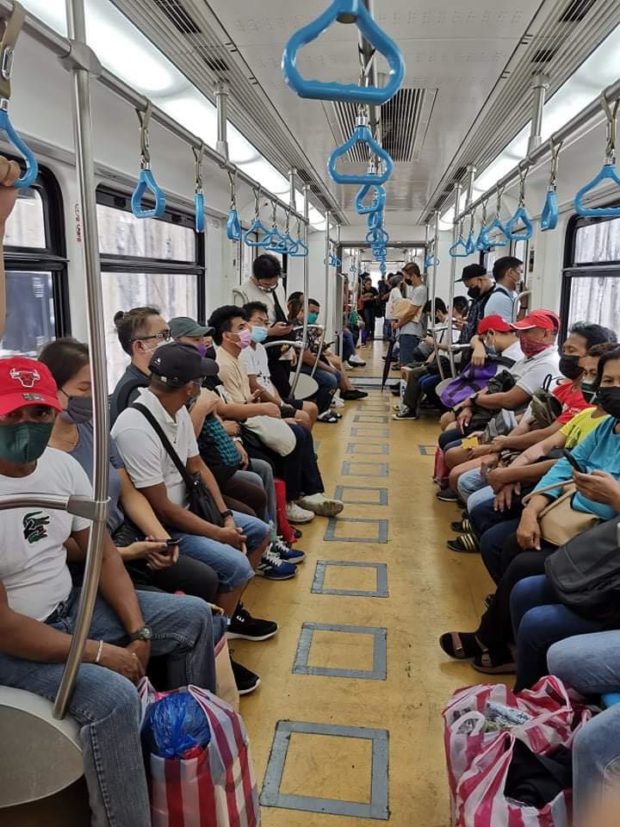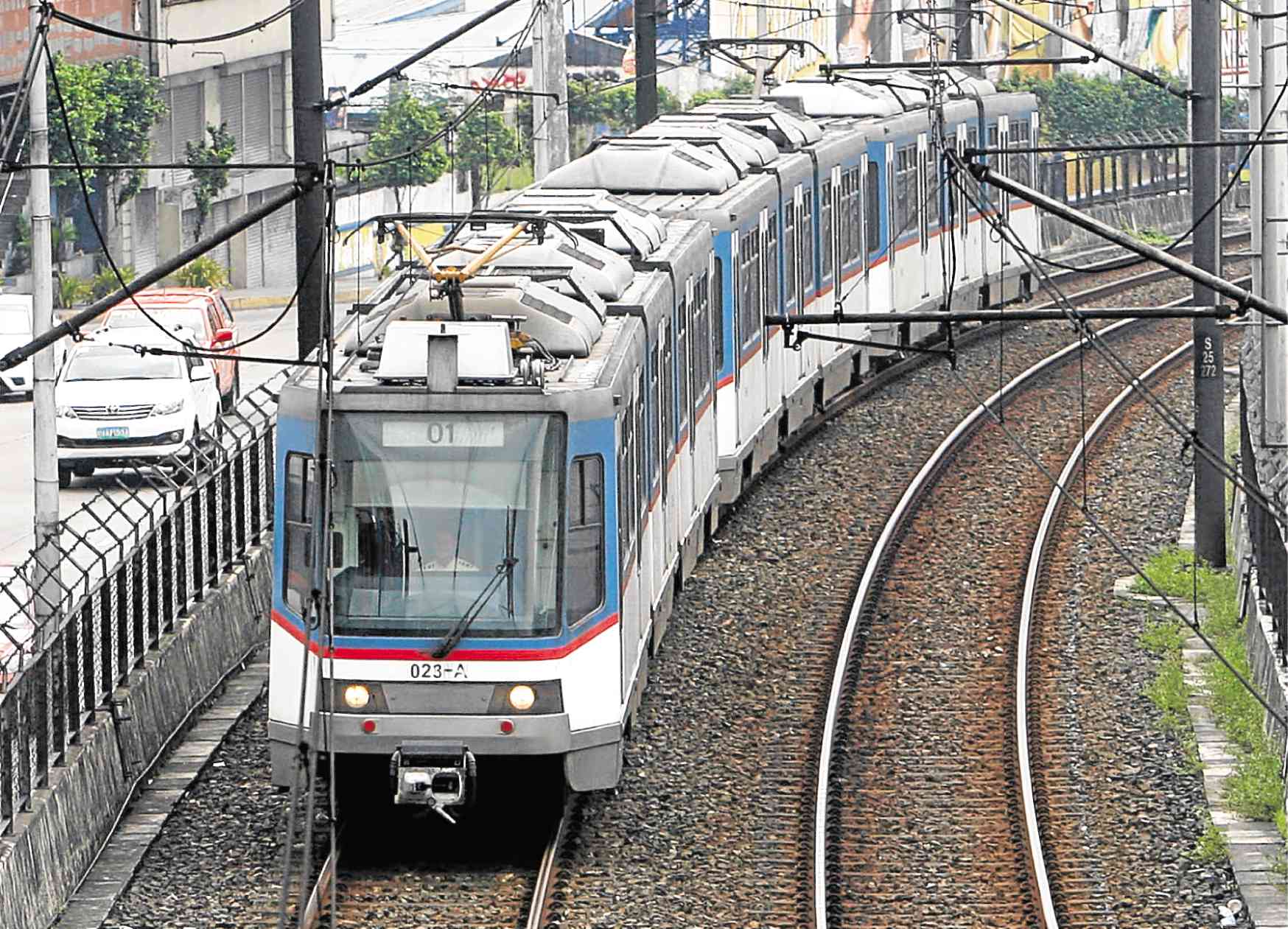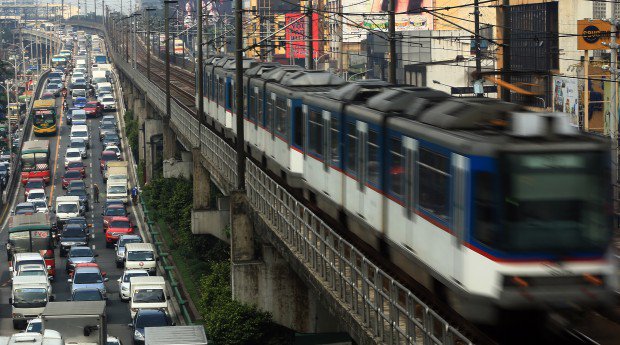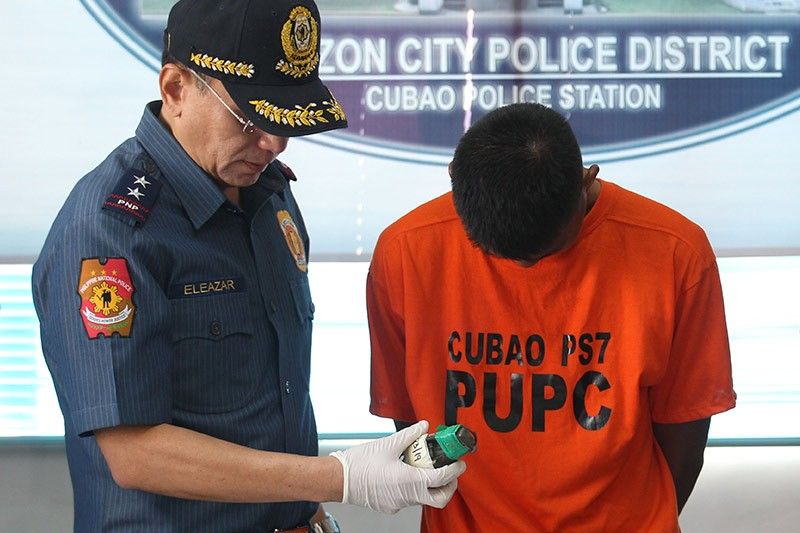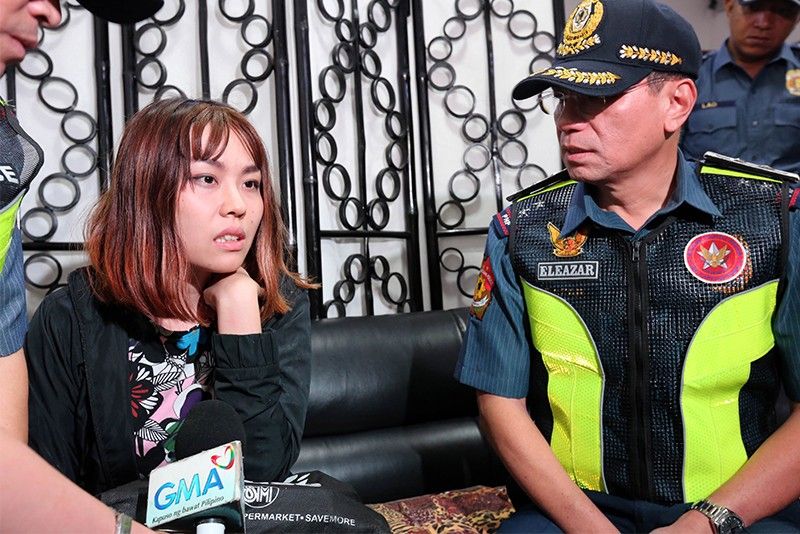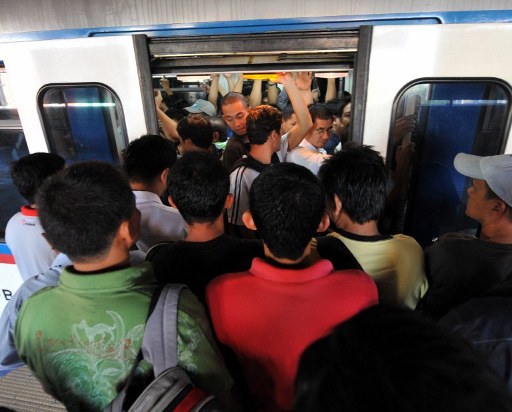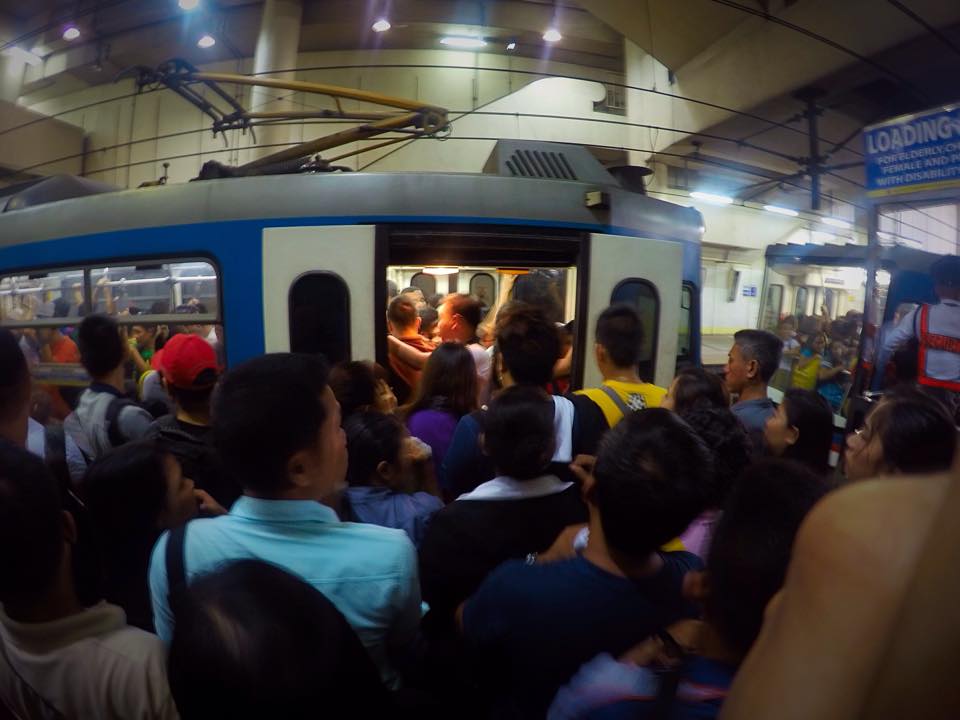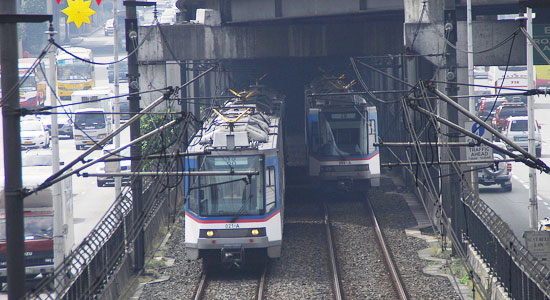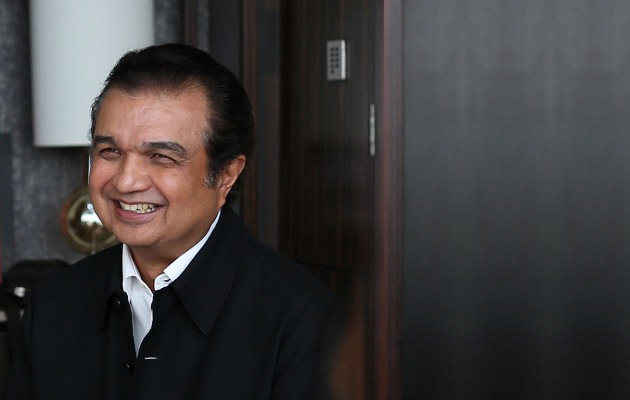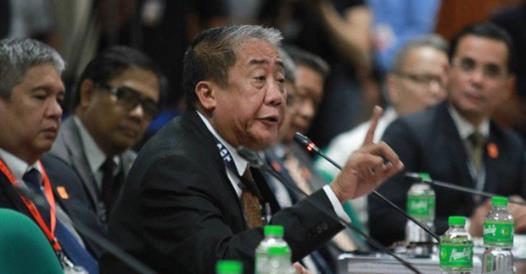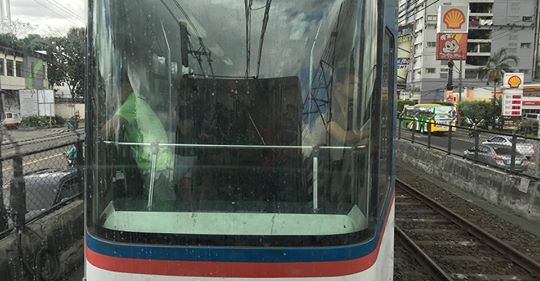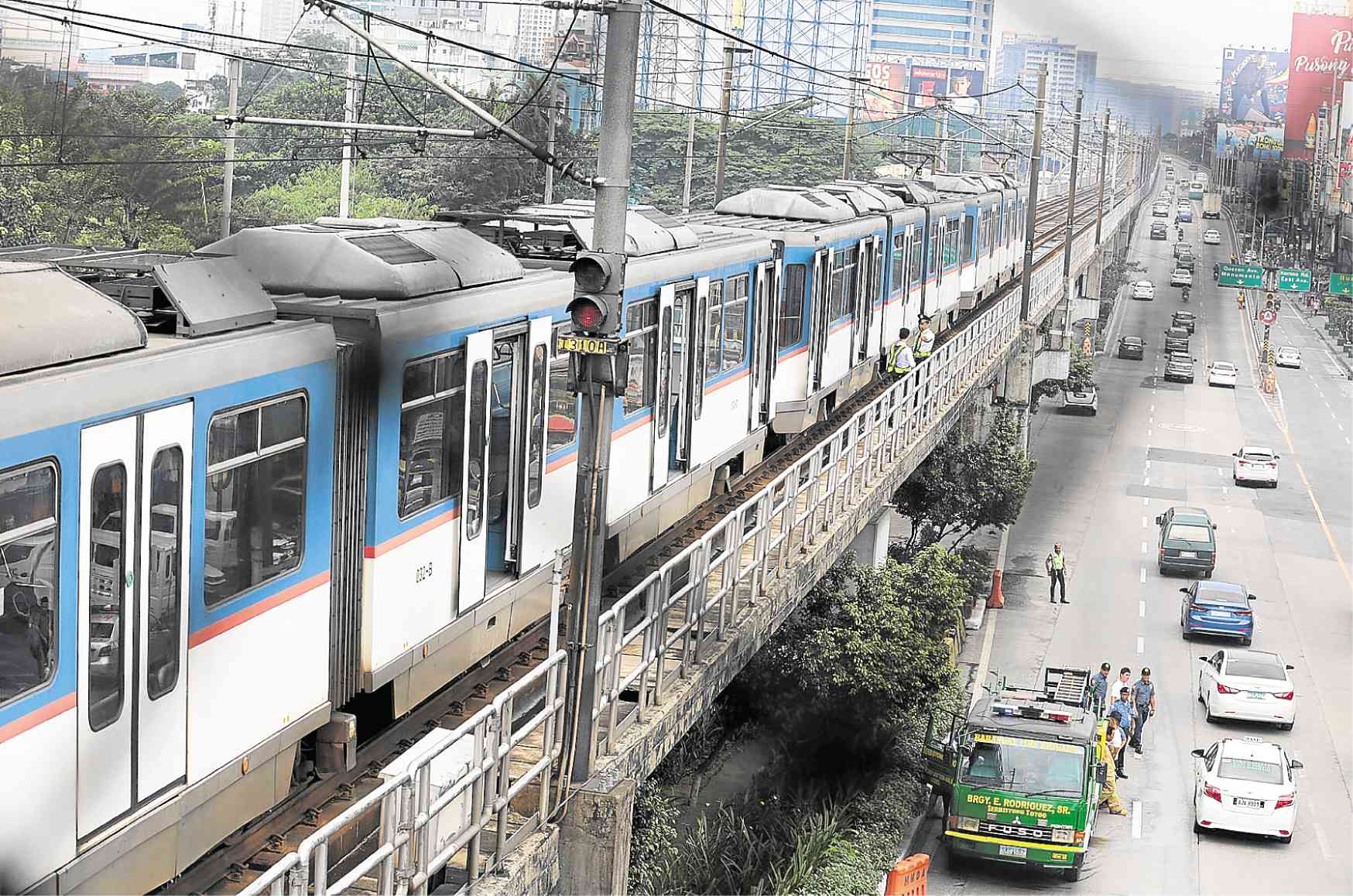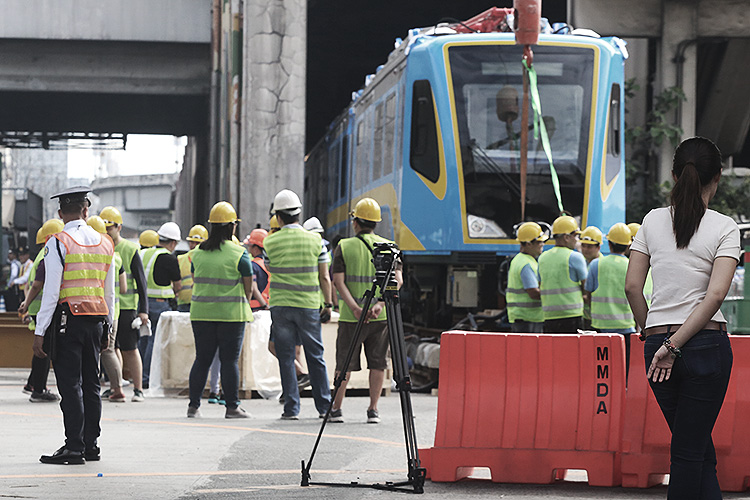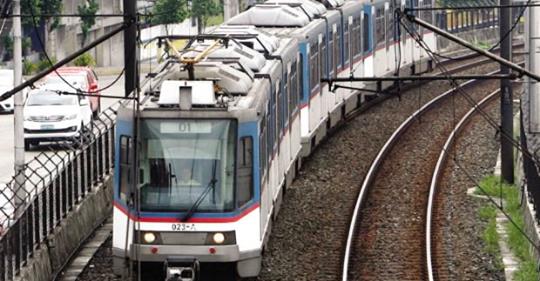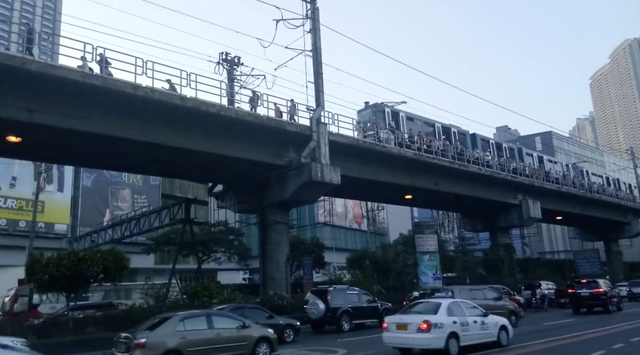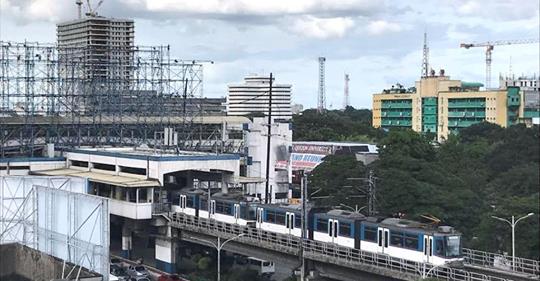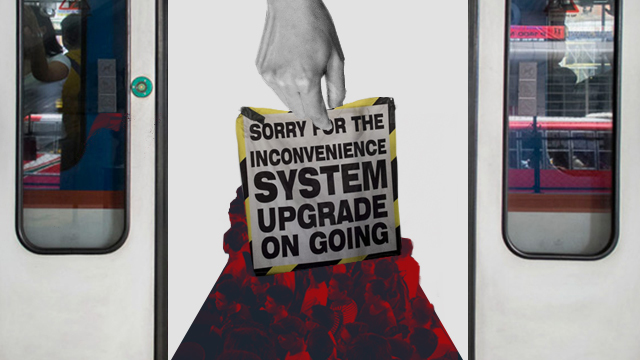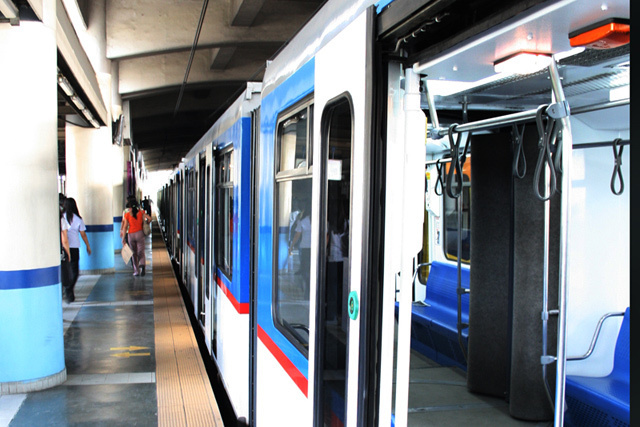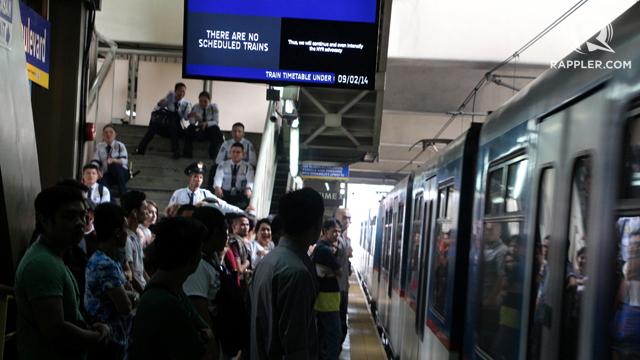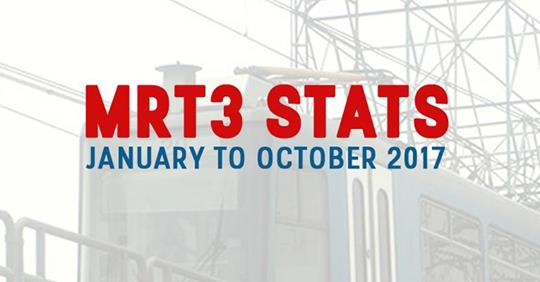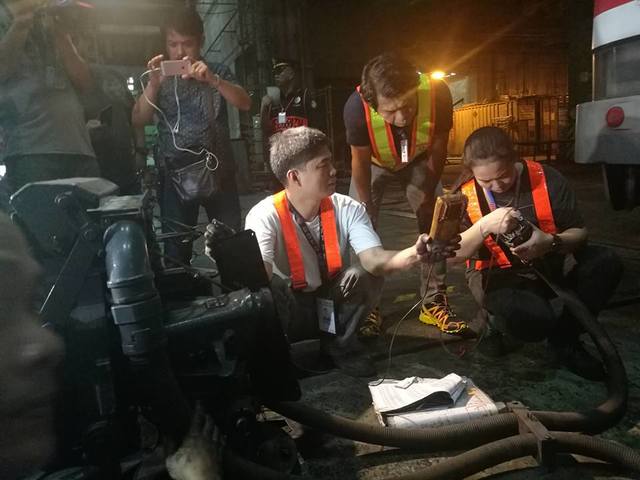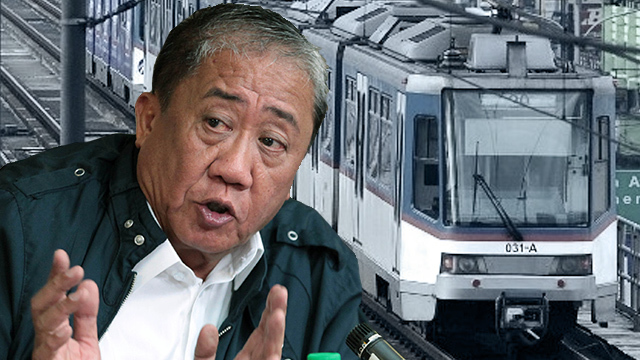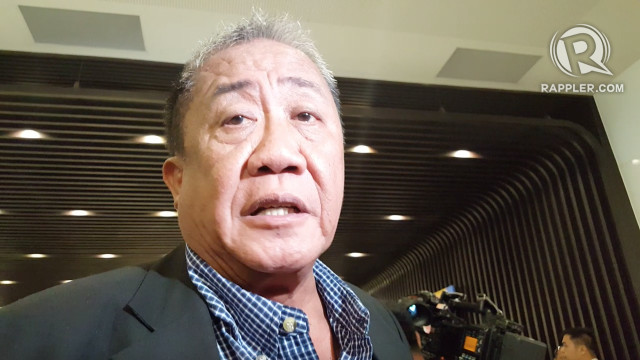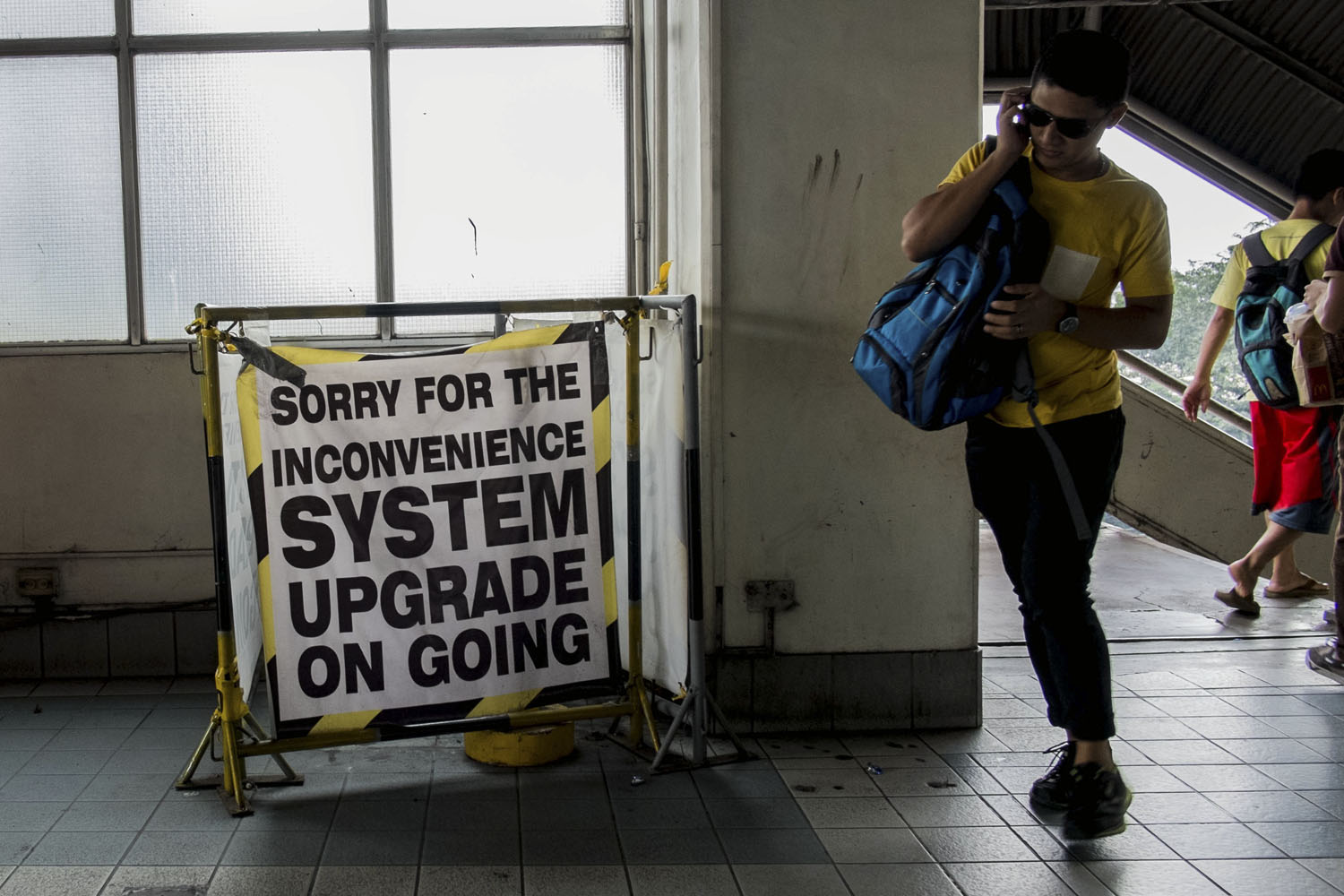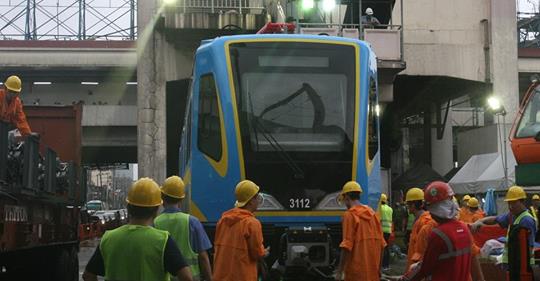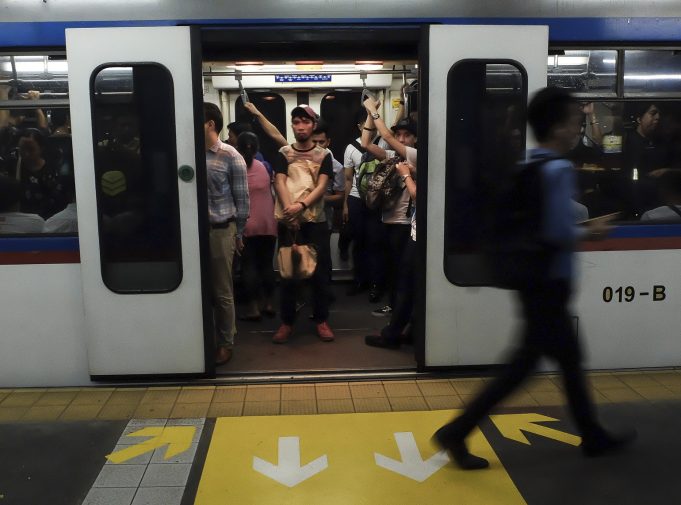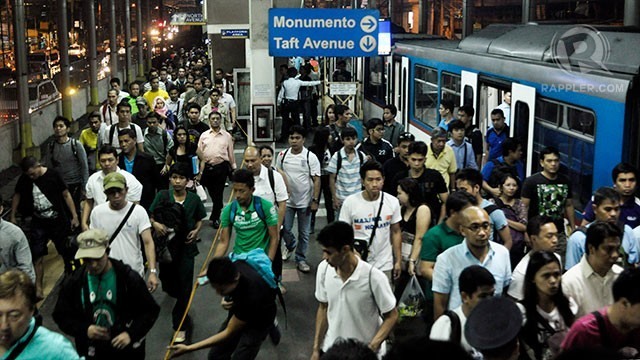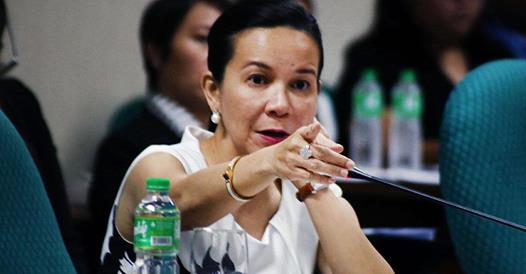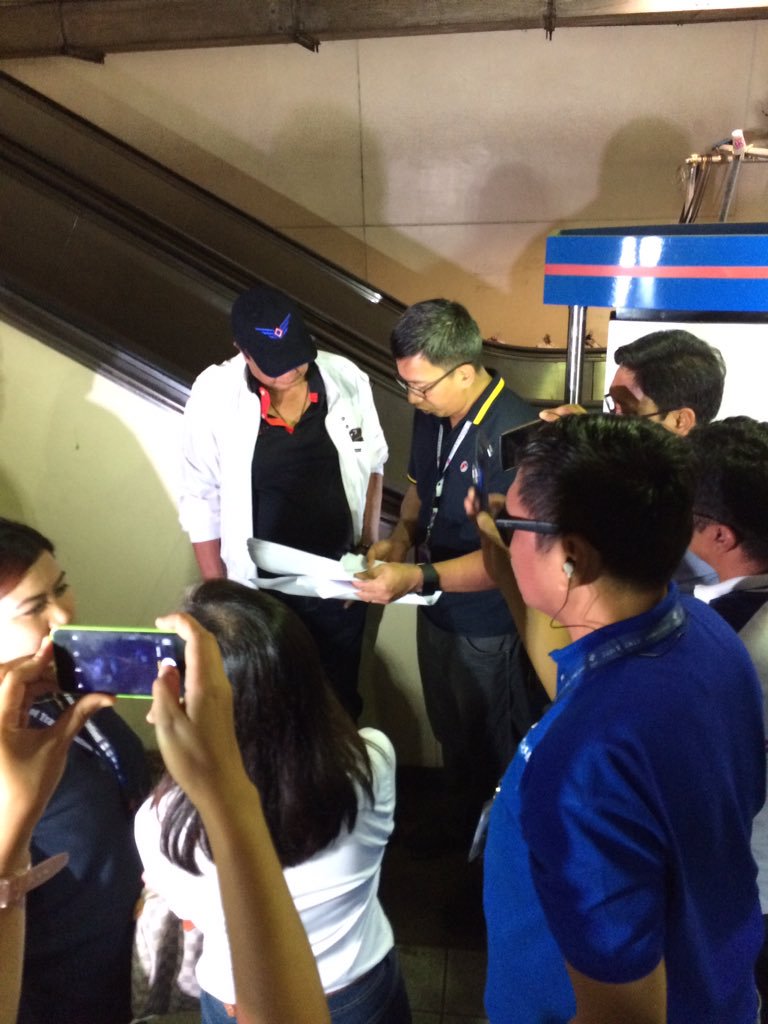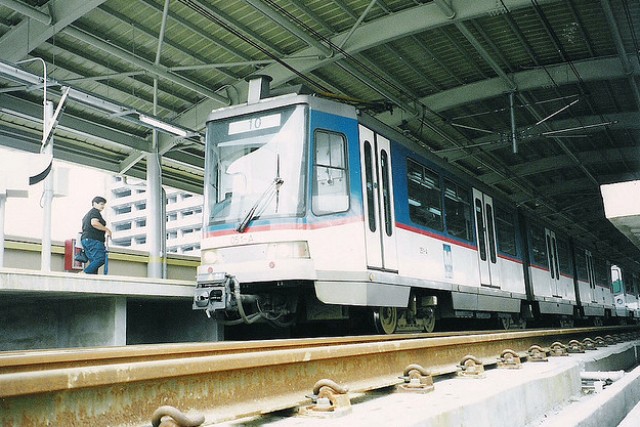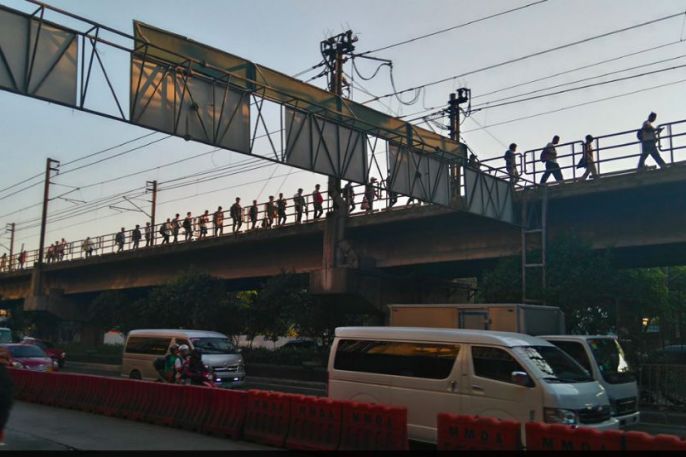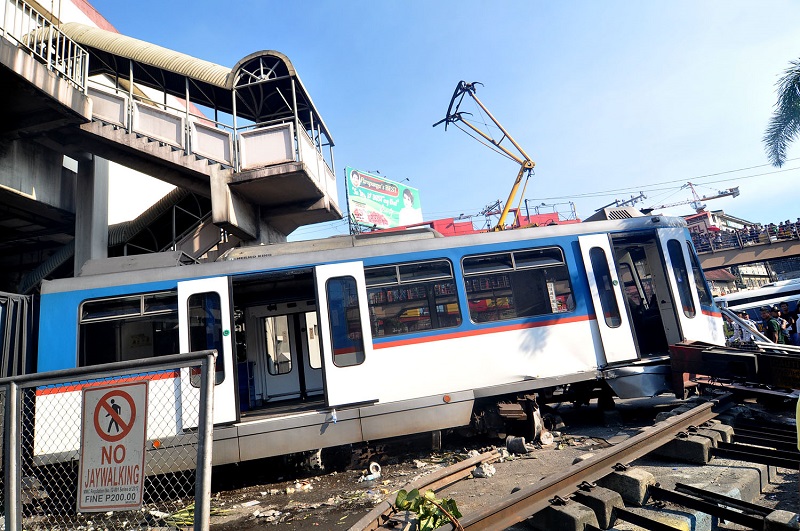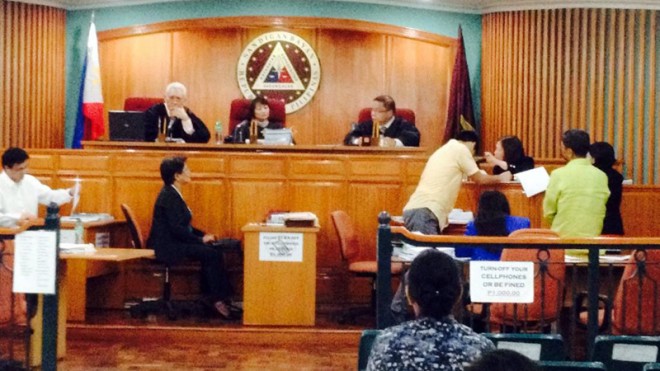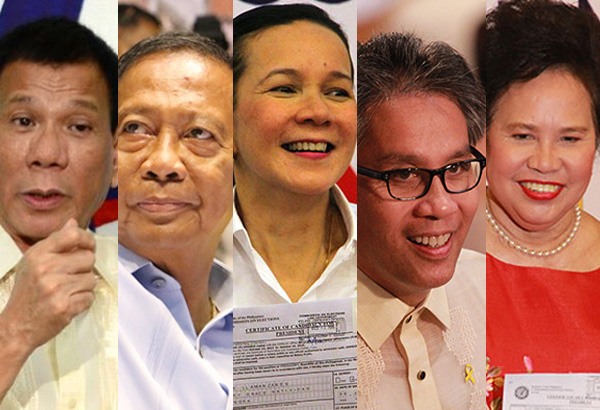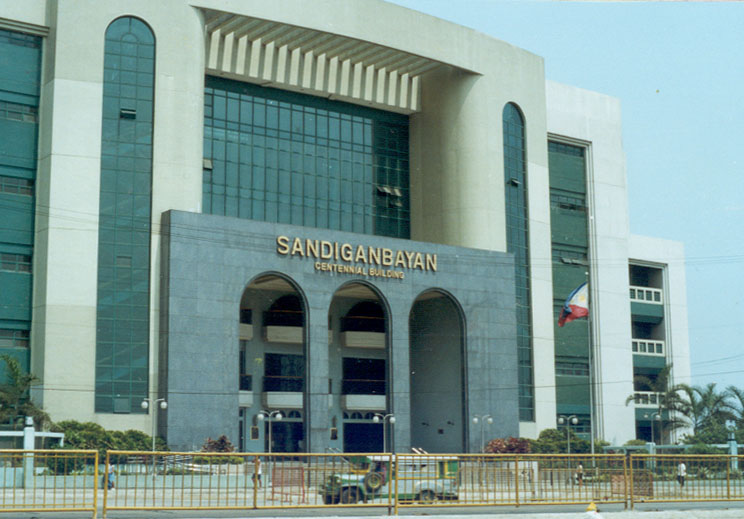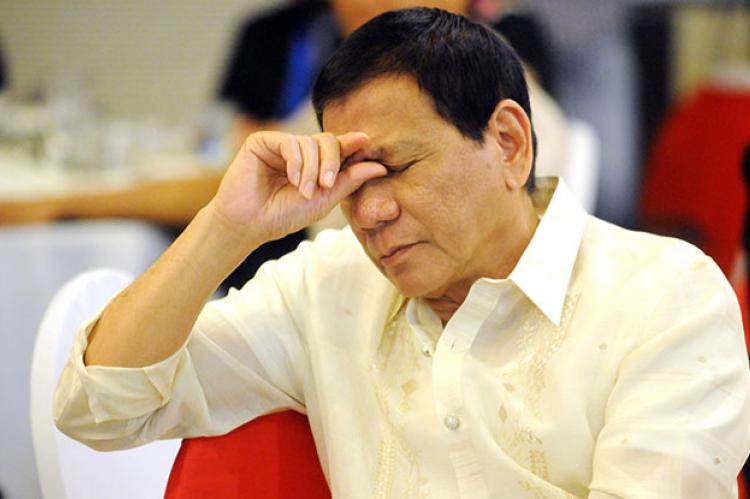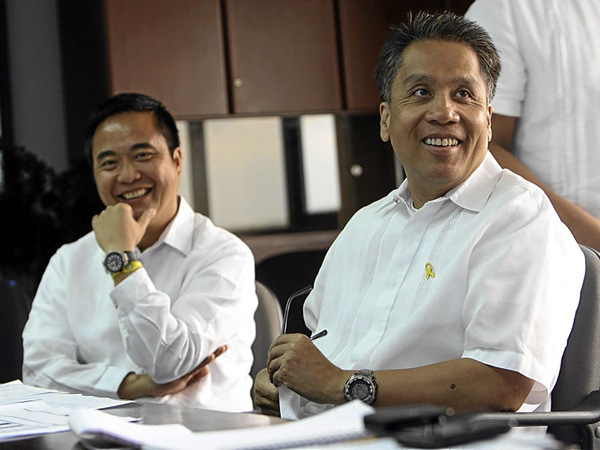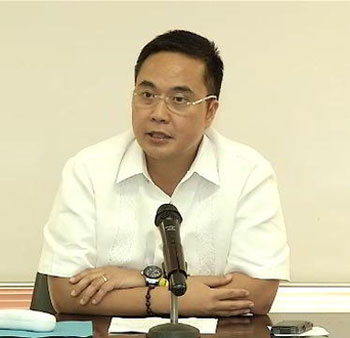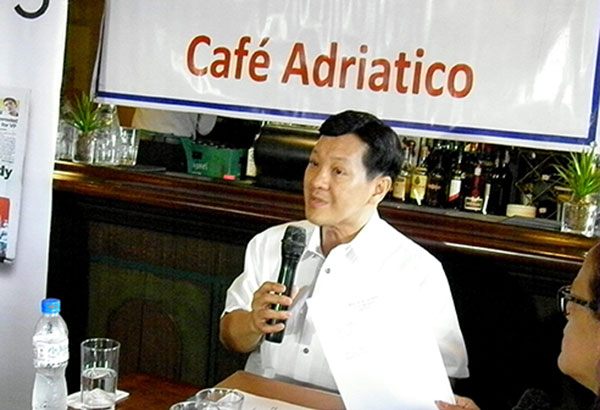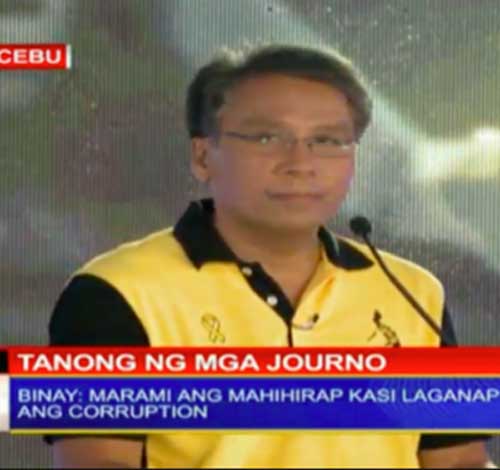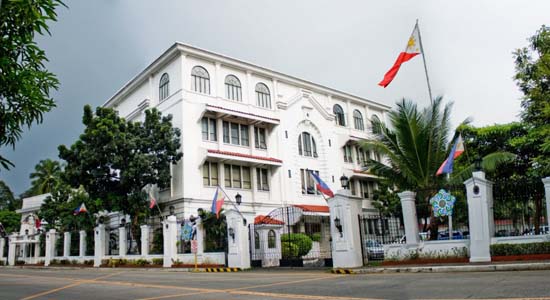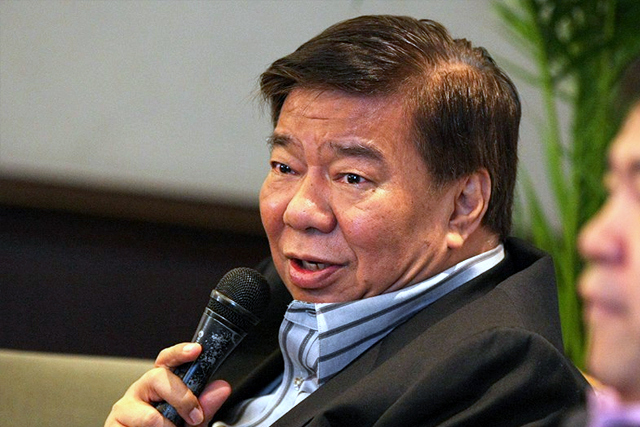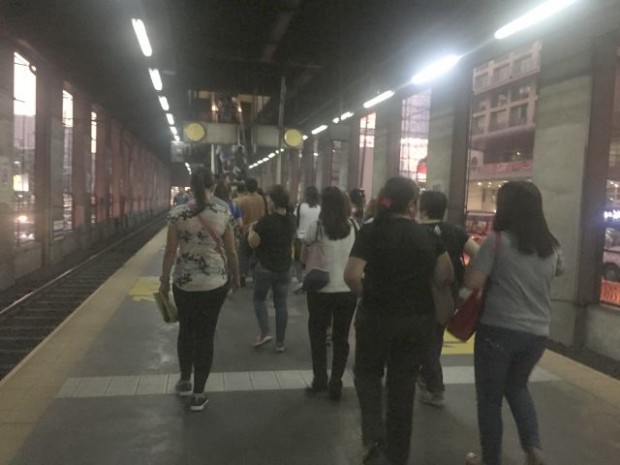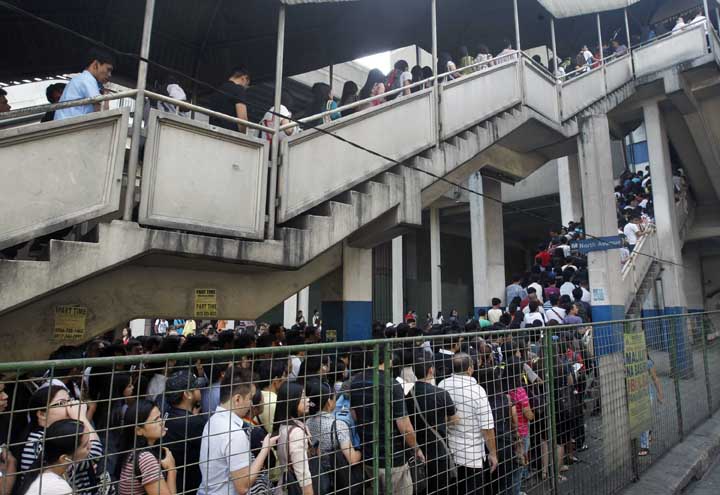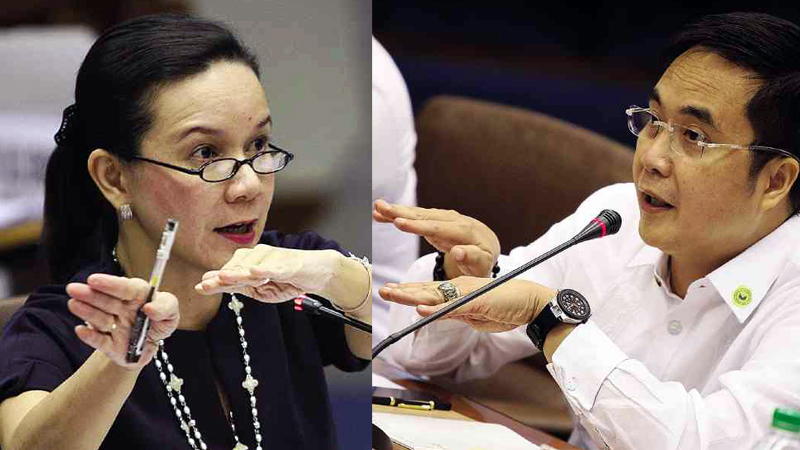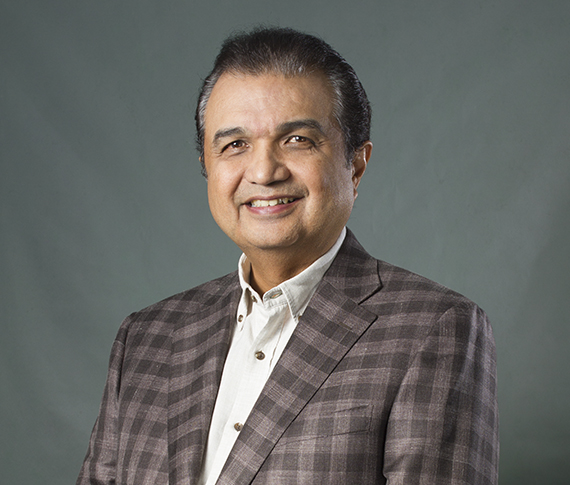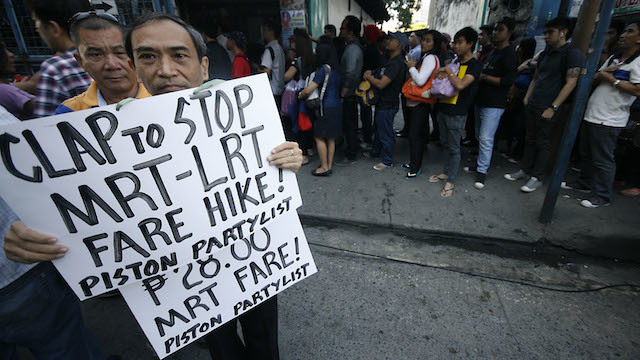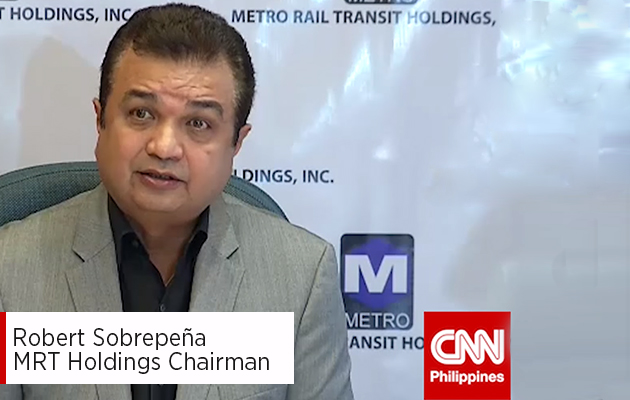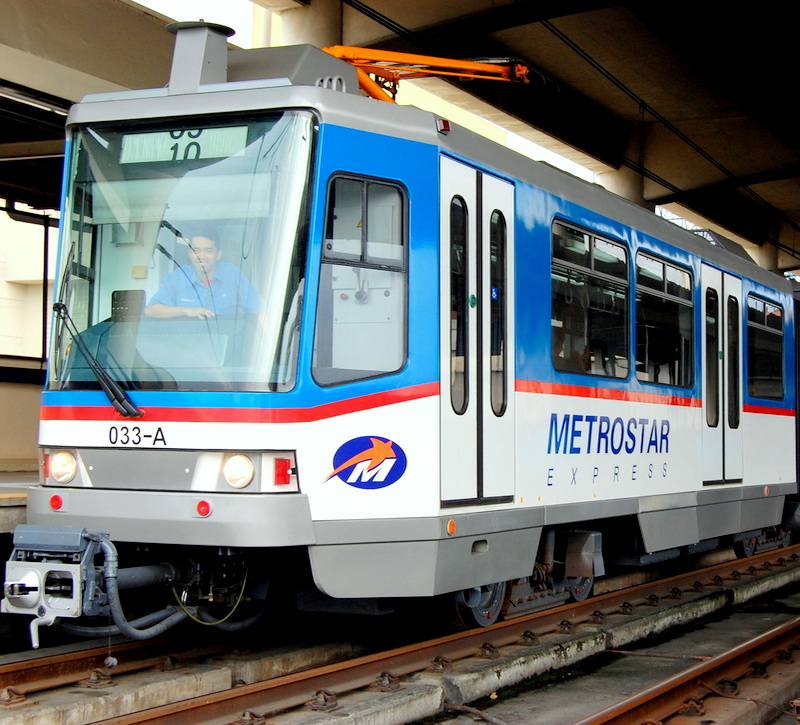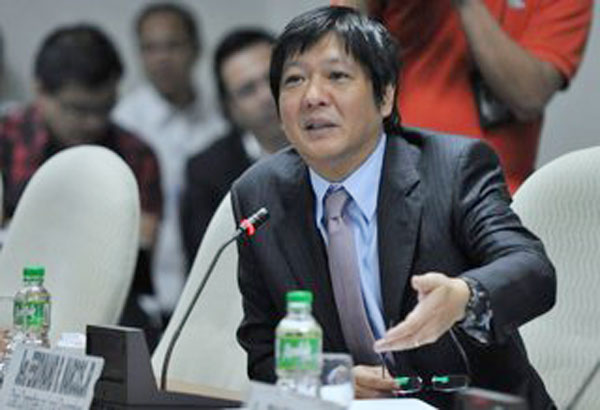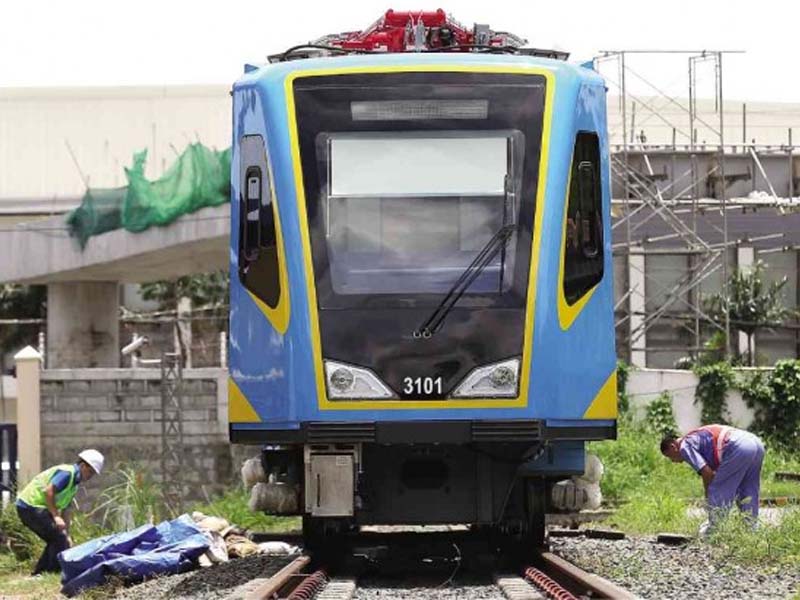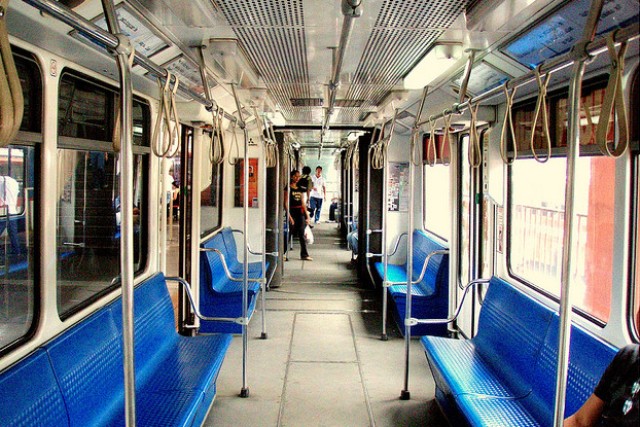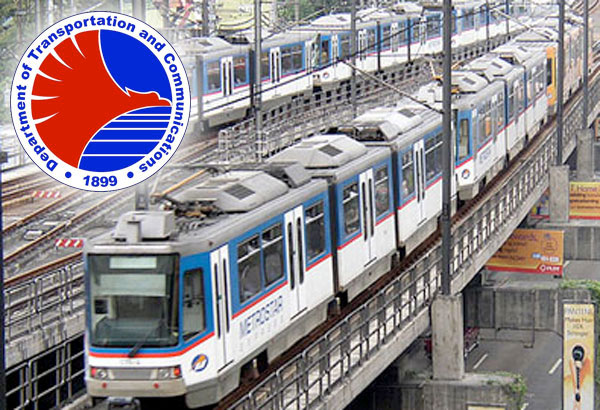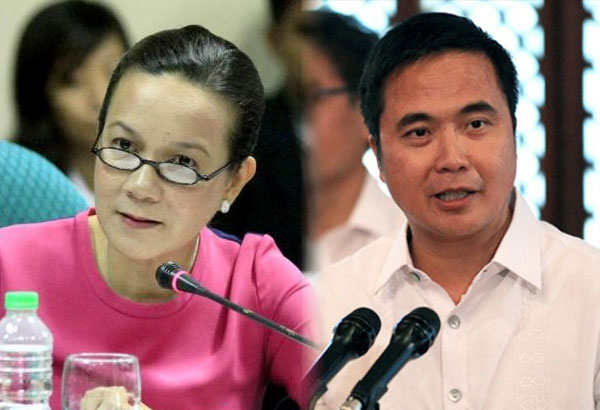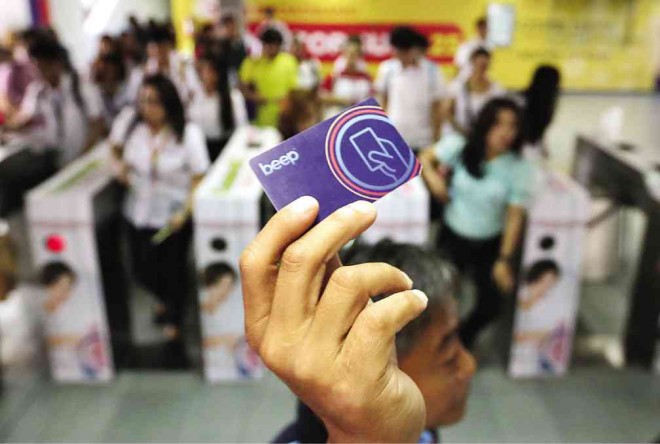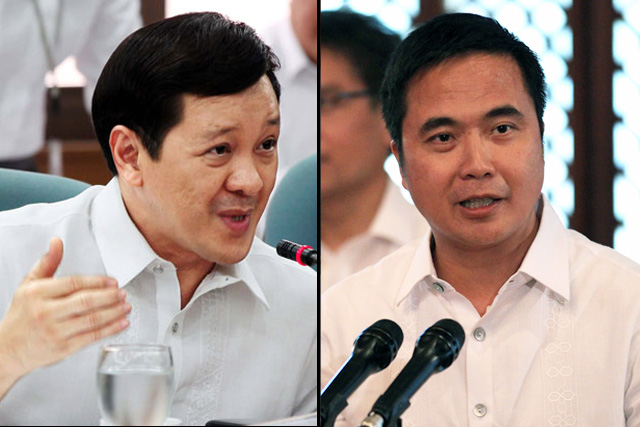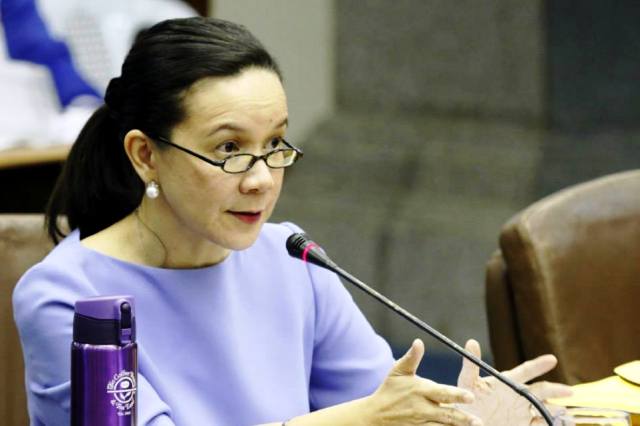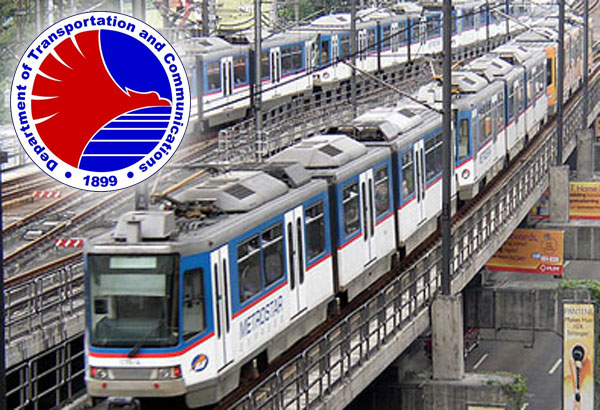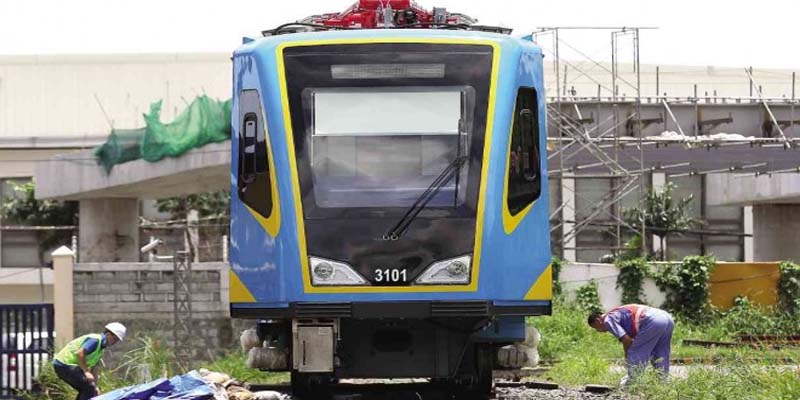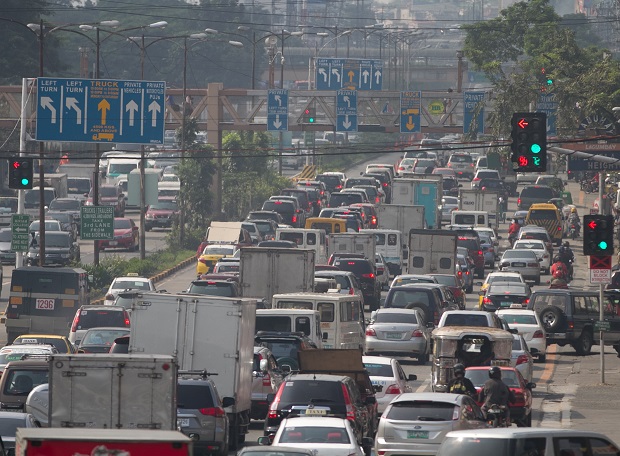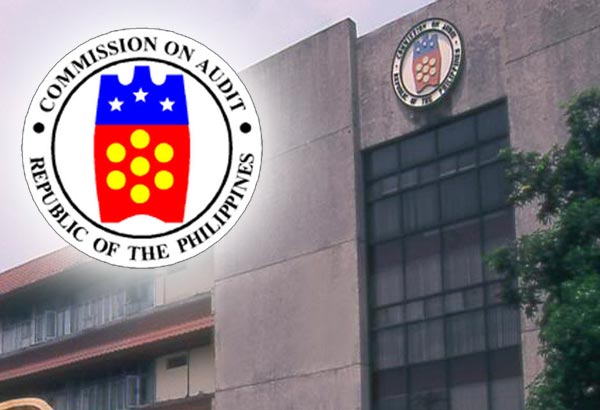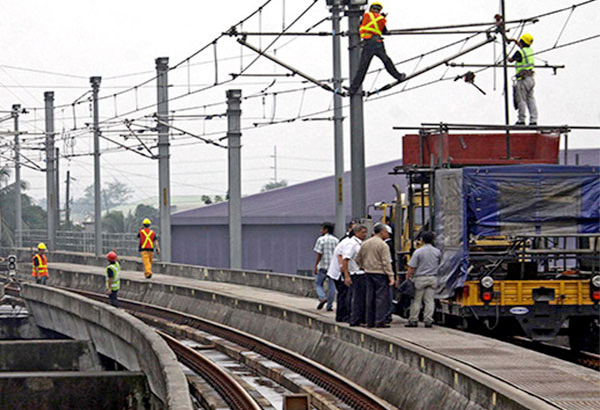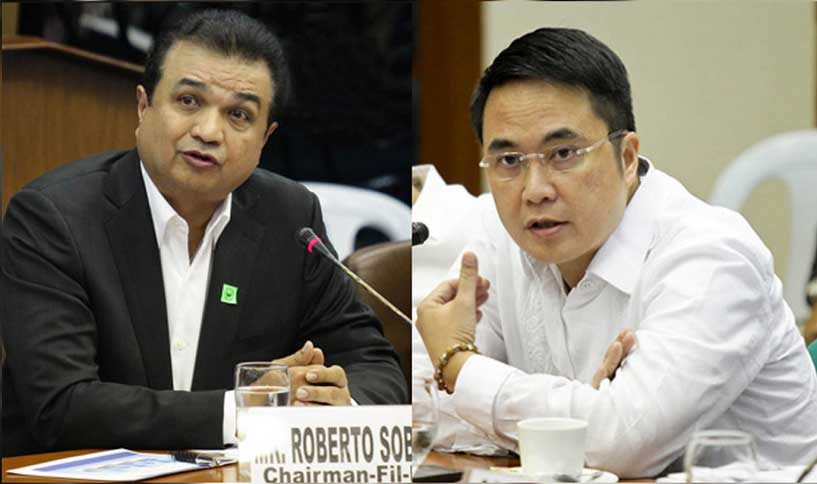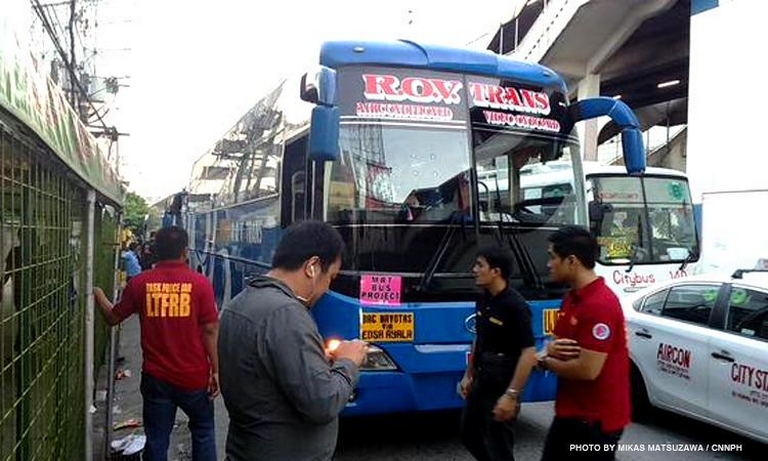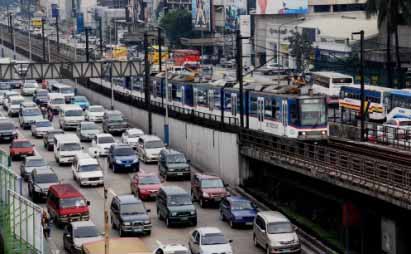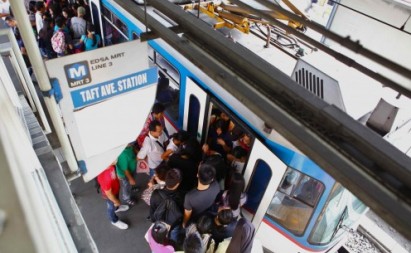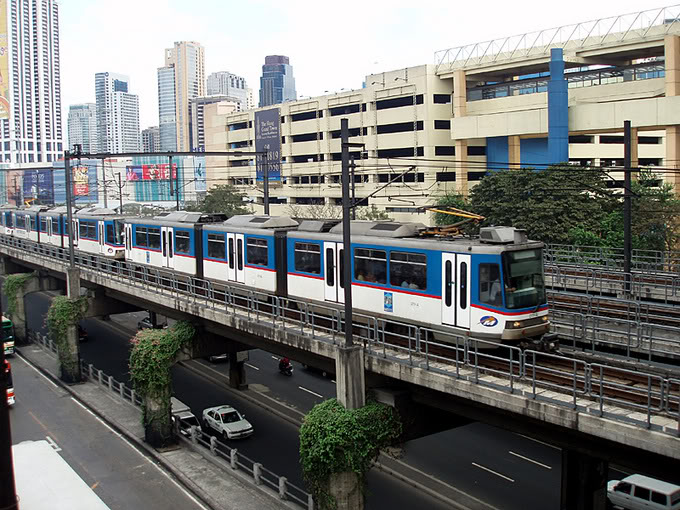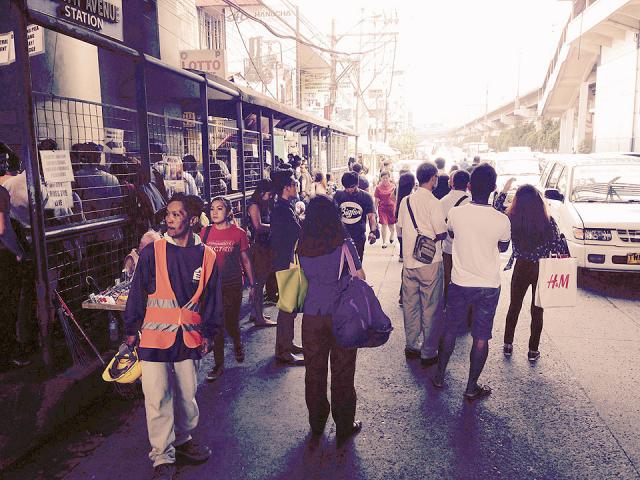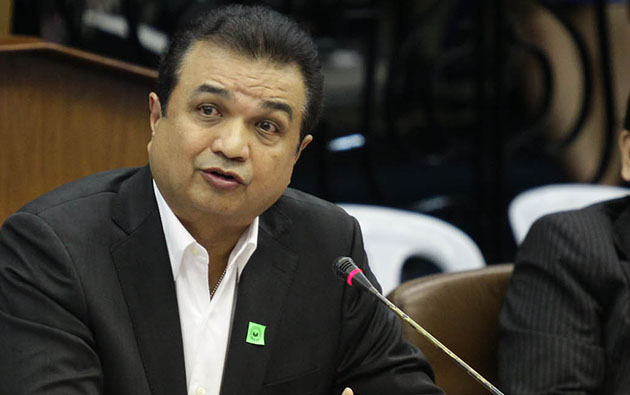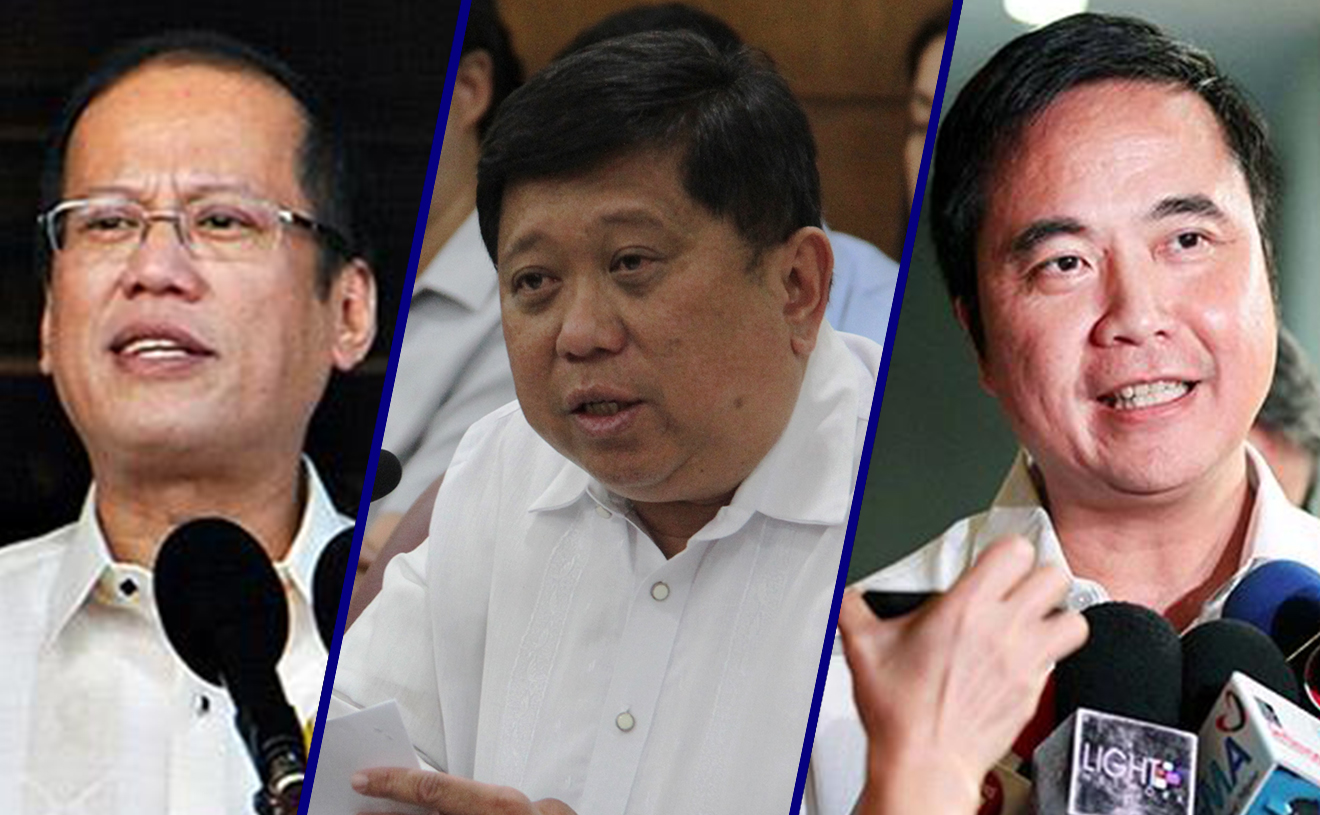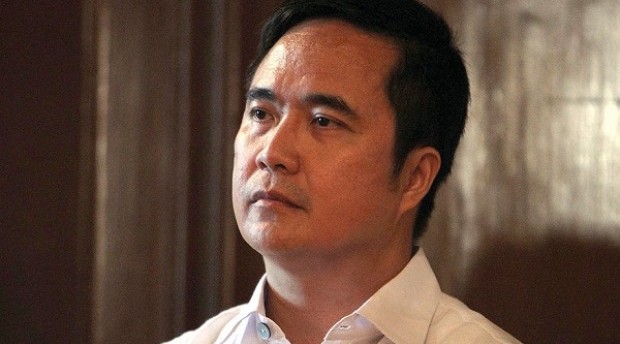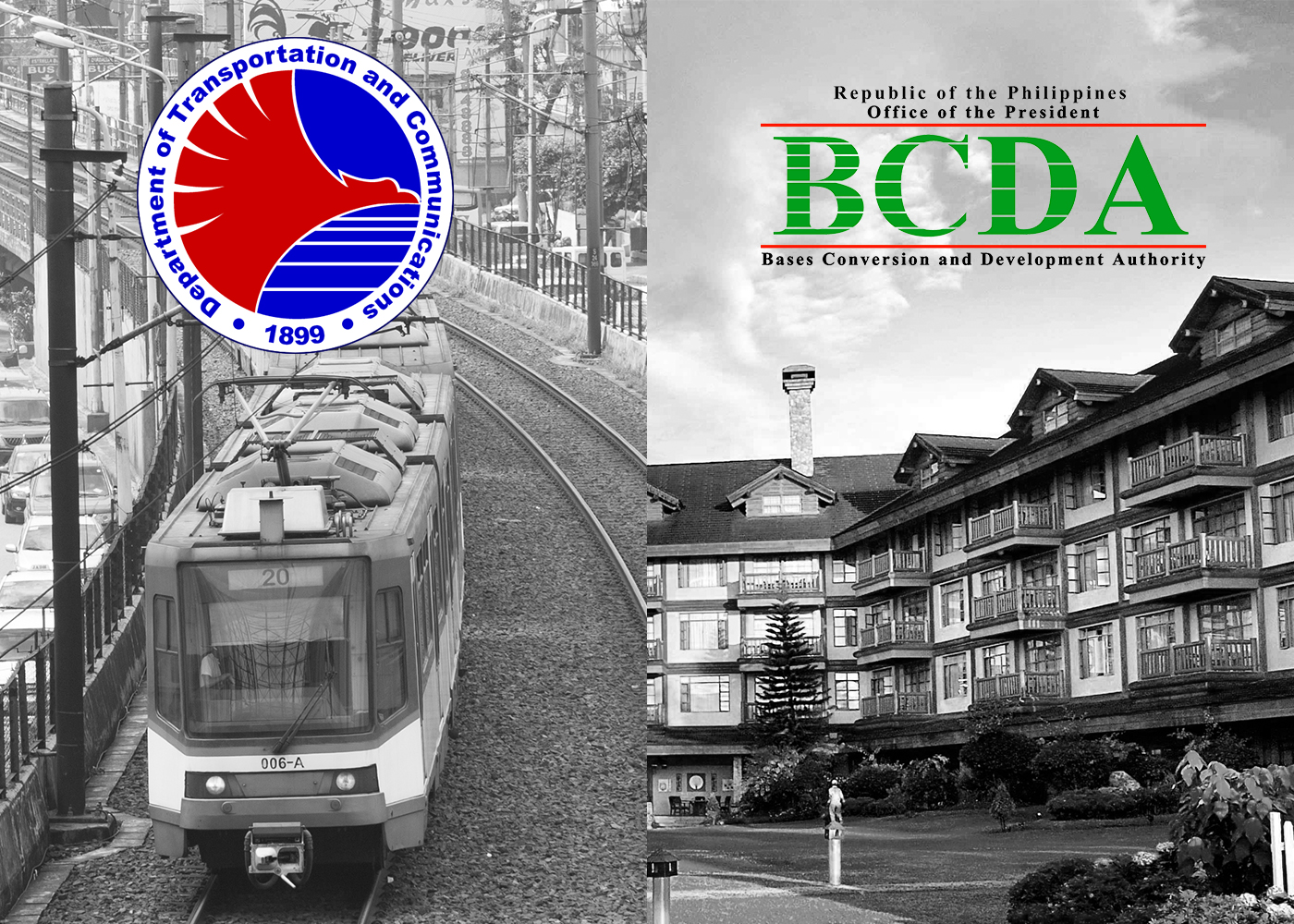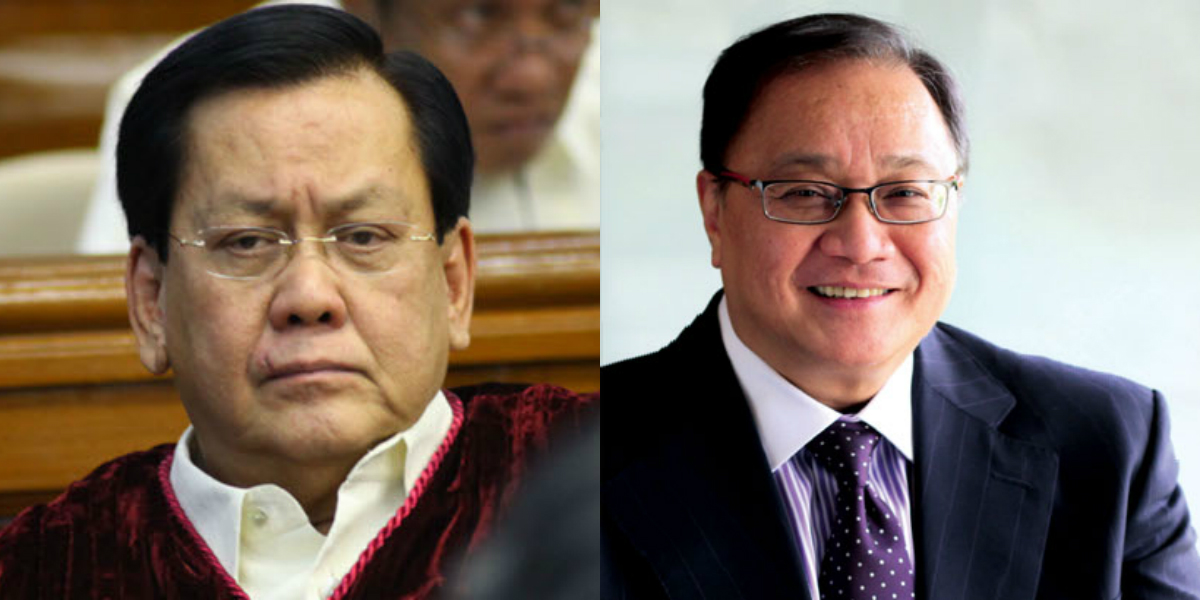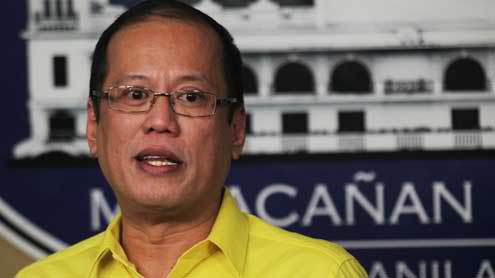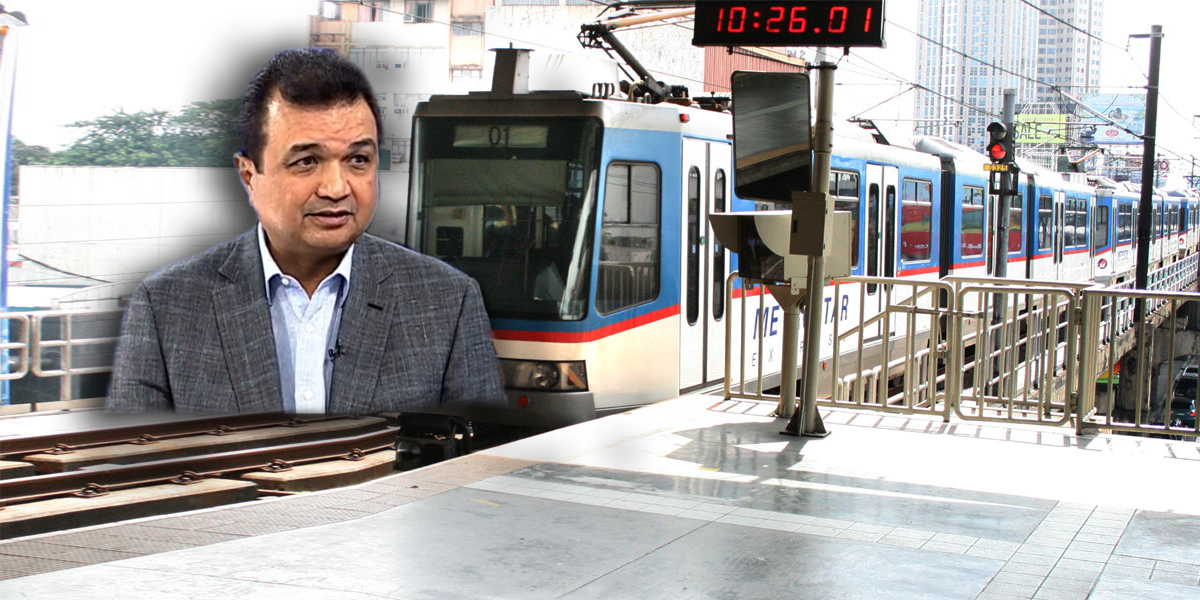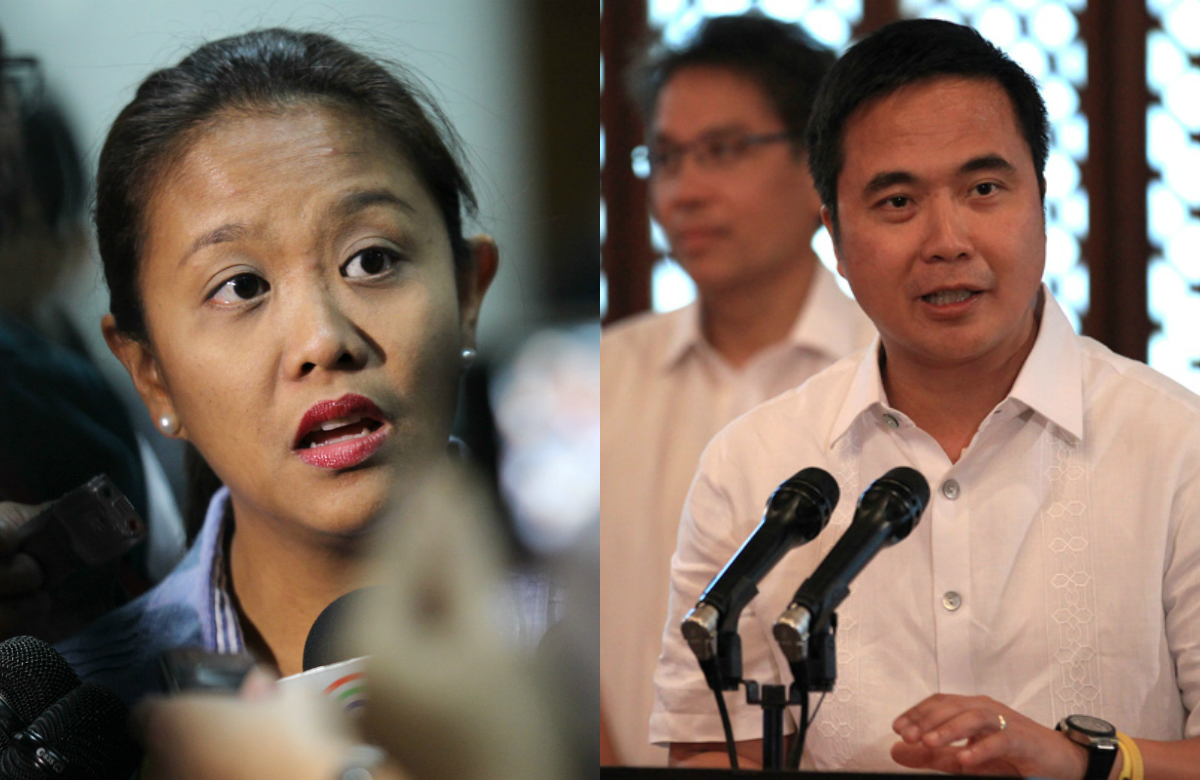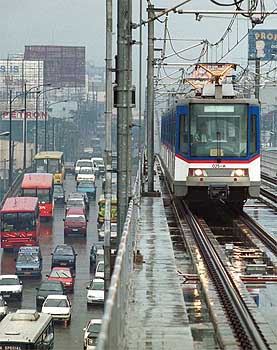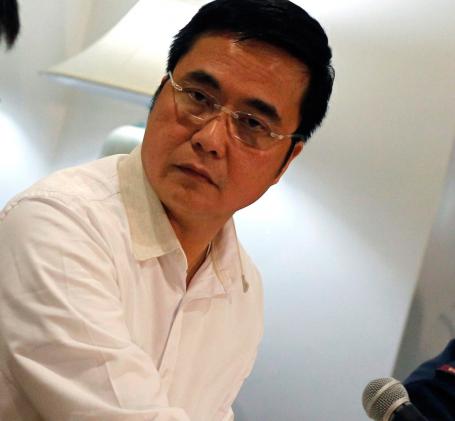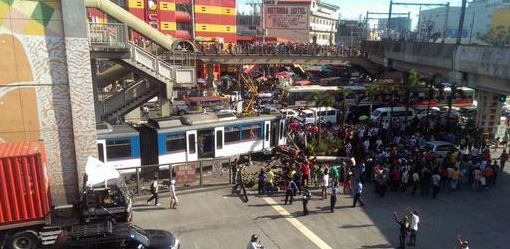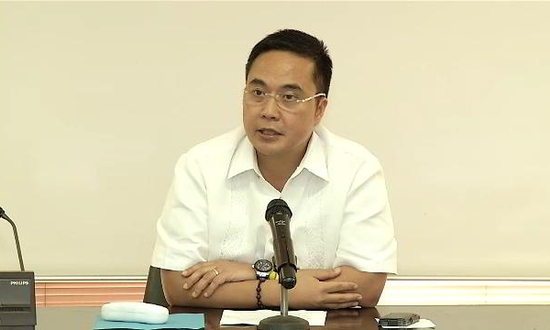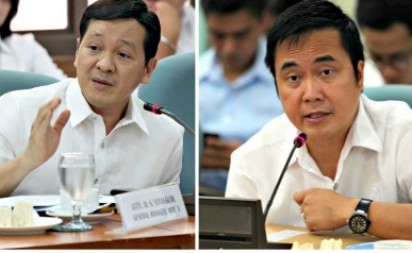Jojo Robles | Aug. 07, 2014
The administration Liberal Party has been thrust into the limelight once again, unwillingly at this point since its plans to remain relevant beyond the 2016 elections are uncertain. Because its putative standard-bearer, Mar Roxas, remains as “unwinnable” as ever, LP’s chances of staying the dominant political party seem about the same as the probability that
Budget Secretary Florencio Abad will avoid doing some serious jail time.
The fact that Vice President Jejomar Binay can rattle LP simply by saying that he could consider being its candidate shows just how problematic the party’s situation is. And the reason why a small online movement of apparently illiterate supporters of President Noynoy Aquino can start a debate by putting forth an illegal (right now, anyway) proposal —“Why do PNoy deserves another term? [sic]”—is the same.
LP does not have a viable candidate, unless you count Roxas, who was last seen performing his newest attention-seeking impersonation as “Boy Enforcer,” directing traffic in the rain while drenched to the bone. And yet, LP is in the best position, financially, to remain in power after its lame duck leader steps down, in all likelihood to be hounded by charges of history-making plunder, corruption and malversation of public funds.
Of course, LP has become the dominant party only because Aquino, its candidate, won in 2010. Like all of the “ampaw” parties in this country since Ferdinand Marcos abolished the two-party system, LP enjoys a majority due to the tendency of our politicians to join the group in power at the present time —something that does not bode well for LP’s continued relevance or even its existence post-2016.
LP has everything right now except a winning candidate. And if it’s not going to be Binay or even Aquino again, it might as well sit this one out.
* * *
What’s apparent is that Aquino’s Disbursement Acceleration Program, considering the involvement of LP’s major players, was set up in part to ensure the party’s victory in 2016—in all likelihood, to improve Roxas’ chances of winning. Abad, Roxas and Senate President Franklin Drilon, the triumvirate that controls the party, are all tarred with the DAP brush; they will be able to blame no one but themselves for the mess they created and if the party once again becomes an also-ran after the next polls.
At this point, Abad’s role in creating DAP is already well known. What’s not as widely known is that Drilon and Roxas were beneficiaries of the biggest portions of DAP—and it should not surprise anyone that the two are often also mentioned as possible LP candidates in 2016.
What records are available about DAP show that Drilon received the largest share of funds from the controversial program distributed to the senators in the wake of the conviction of Chief Justice Renato Corona. In addition to his P100 million supplemental DAP pork, two of Drilon’s pet projects—the supposedly overpriced Iloilo Convention Center and the Jalaur Dam, which has been opposed by both indigenous peoples and environmentalists in Iloilo—received P750 million from DAP.
In all, Drilon’s total DAP benefits amount to about P1 billion—which is probably why he shamelessly led the Senate’s defense of the program during that farcical hearing where he allowed Abad to get away with the equivalent of murder during what was supposed to be an independent investigation. And yet, Drilon refuses to see how he, personally, and his fellow palace boosters in the Senate have practically destroyed the reputation of their own chamber.
Roxas, on the other hand, was supposedly the recipient of a whopping P12 billion in DAP funds as secretary of the Department of Interior and Local Government, for mostly discretionary expenditures. Roxas may pretend that he is not involved in DAP because he is busy lifting sacks of rice or directing traffic in the rain, but his department’s take in the program included billions to help local governments in the Yolanda-hit areas rebuild, supplemental internal revenue allotments (IRA) for select local governments, funds to relocate informal settlers and the modernization program of the Philippine National Police.
Of these, Roxas’ controversial mandate to resettle squatters has gotten the most criticism. But the supplemental IRA from the DAP, released on or around March 2013 before the local elections campaign period began, indicates that a lot of money was also used to buy the loyalty of local government officials for LP; further distributions on the eve of the midterm elections were likewise believed to have been used to ensure the victory of administration senatorial candidates.
That DAP was a highly-partisan fund mechanism is revealed by the details that have been divulged so far by Abad himself, through the budget department. An honest-to-goodness accounting by the Commission on Audit (itself a recipient of DAP funds) would probably reveal more partisan expenditures— which is probably why CoA will not even begin an audit of the unconstitutional program.
Make no mistake: LP may as well change its name to Team DAP, if it was really truthful. Now, all the party needs is a winning slate (Roxas-Drilon, Binay-Roxas or Binay-Drilon) to make sure the good times continue.

 Twitter
Twitter Facebook
Facebook